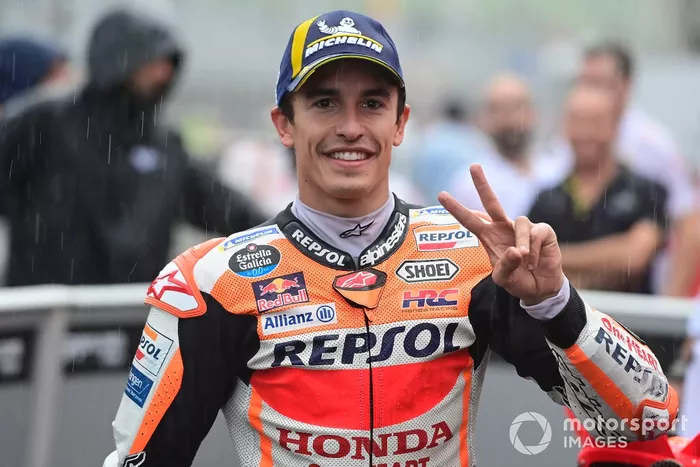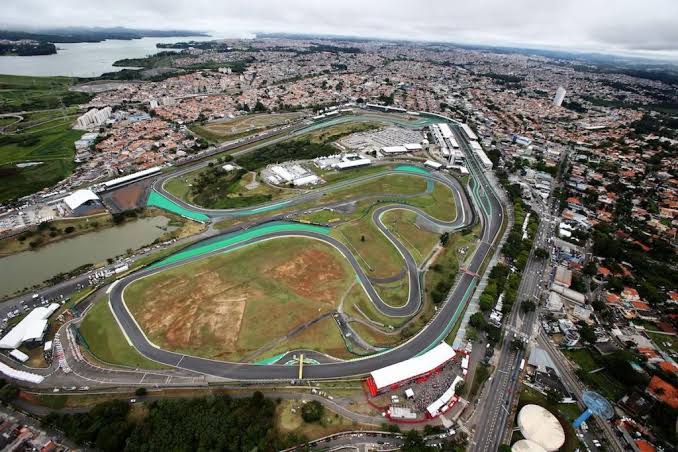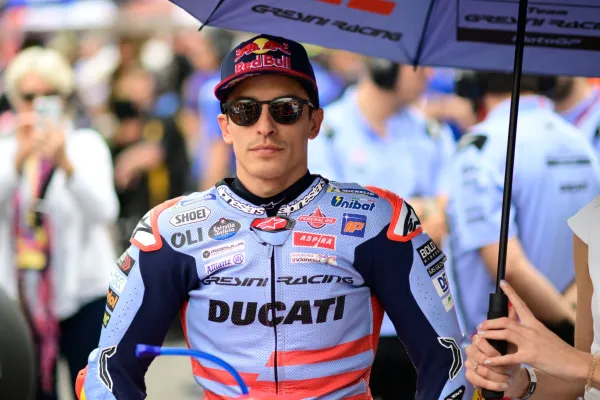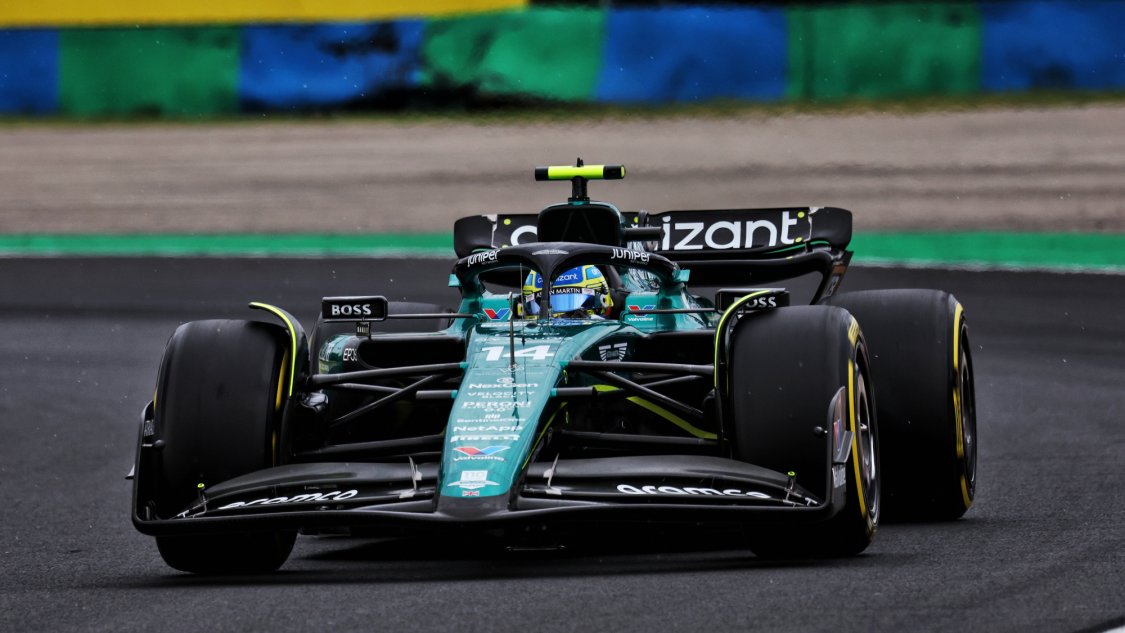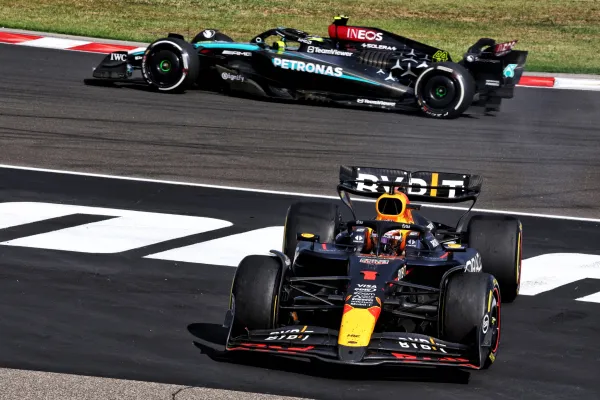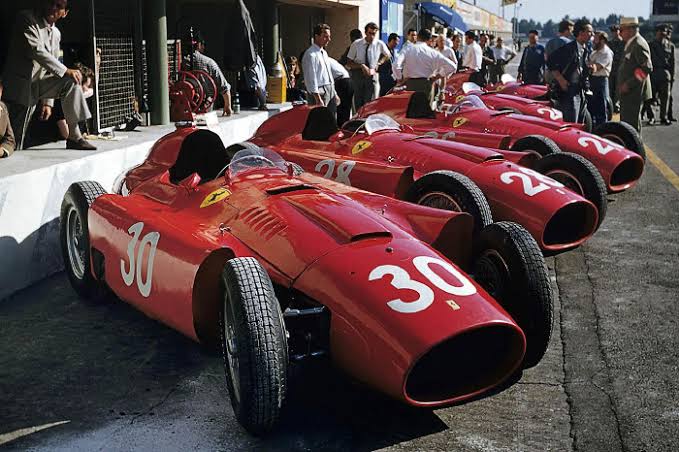Government, Heritage, And High-Speed Racing: The Push To Bring F1 And Rally Back To France
The world of motorsport has been a spectacular event, and France has been a prominent force for centuries. With its history being saturated with automotive culture, France has been the host of legendary races, legendary drivers, and famous tracks. France has, of late, lost its presence in Formula 1 (F1) and rallies, and there has been a steady decrease in its presence in this domain. The recently conducted election of Pierre Gosselin as president of the French motorsport has ignited a drive towards reviving such events and giving them their lost glory. This article discusses the historical background of motorsport in France, the efforts being undertaken today towards reviving F1 and rallies, the challenges faced, and the greater importance for society.
Historical Context of France and Motor Sport
The Birth of Motorsport
France’s relationship with motorsport has been centuries in the making. The origins of motorsport date from the very beginning of the very first officially sanctioned automobile race, the 1894 Paris-Rouen race. The event set the precedent for what would be a national passion for engineering and for speed. The Grand Prix, the very first of its kind, happened in 1906 in Le Mans, and France solidified its status as a leader of organized motor races.
A Legacy of Historic Races
Throughout the 20th century, France has been host to numerous prominent races, contributing to its status of being a powerhouse of motorsport. The French Grand Prix became a member of the Formula 1 World Championship’s calendar when, in 1950, it debuted on the Circuit de Reims-Gueux. Over the years, various tracks in France have been host to this legendary race:
Reims-Gueux: Known for its broad straights and challenging corners, it hosted F1 races up to 1966.
Rouen-Les-Essarts: A modern-day circuit of its time, where F1 events were organized up to 1968, with its infamous accidents.
Paul Ricard: Today, one of the most famous tracks, it has been on the F1 calendar since 1971.
In addition to Formula 1, rallying also has its beginnings in France. The Monte Carlo Rally and Tour de Corse, for instance, not only showcase drivers’ abilities, but also France’s scenic landscapes.
The Decline of French Motorsport
Despite its heritage, there has been a challenge for French motorsport in more contemporary times. Its 2022 Grand Prix of France had been its last, and for 2023, failed to find a calendar spot. Similarly, fewer rallies on French soil take place for the WRC. The decline has raised questions of whether there’s a risk of losing a significant national heritage and identity surrounding motorsport.
The Current Movement for Renewal
Pierre Gosselin’s Vision
The election of president of French motorsport for Pierre Gosselin marks a landmark for France’s race history in the future. Gosselin has grand plans for the resurrection of both F1 and WRC events on their rightful international pedestal. According to Gosselin, there’s nothing related to competition, but more of a desire to revive France’s automotive heritage and create national pride.
Gosselin emphasizes the need for governmental financing for such events. To him, “Without state financing guarantees, there can be no projects,” and there must be collaboration between administrators of motorsport and governmental administrations. His vision not only includes reviving such events, but also of injecting a boost into tracks in France, updating them for safety and ecological needs of today.
Government Involvement
The role of the government has two sides when it comes to the resurrection of France’s motorsport. Governmental financing isn’t limited to events, however, but also infrastructure on tracks. Gosselin’s acknowledgment of the lack of governmental commitment today presents a significant barrier, though there are hopes for future alliances able to host such race events.
Funding Opportunities
One avenue of financing can be through public-private partnerships where private sponsors can cooperate with governmental agencies. Also, proceeds from international events can be a source of needed funds for infrastructure.
Economic Implications
Reviving F1 and rally races in France can be of substantial economic value. The events create jobs, tourism, and boost the regional economy through associated industries and hospitality. To exemplify:
Tourism Boost: The big races also bring thousands of tourists from other parts of the world who bring money into regional businesses such as shops, restaurants, and hotels.
Job Creation: Large events also require event staff up to security officers.
Sponsorship Opportunities: Local businesses can achieve wider exposure with sponsorships associated with major race events.
Furthermore, these races also reinforce France’s global standing as a destination for top-speed motorsport and reinforce national identity for residents who take pride in their country’s automotive heritage.
Challenges Ahead
While there has been optimism for the resurrection of F1 and rallies in France, there are a variety of problems needing solution:
Financial Constraints
The cost of hosting F1 events is substantial, and the process of hosting an F1 event can take up to €30 million (approximately $35 million) in terms of expenditure on circuit upgradation, logistics, security, and hospitality. Government incentives will be critical towards financing such expenditure.
Shifting Motorsport Landscape
The global spotlight on motorsport is gradually being moved towards other regions, mainly Asia and America, where money is being invested in developing new tracks and drawing big race series. France has to vie with these up-coming markets if its status as a top destination for race lovers has to be regained.
Industry Setbacks
Recent announcements of Renault’s plans for ending engine supply for Alpine up to 2025 pose additional barriers for France’s representation in F1. This not only puts team competitiveness into jeopardy, but also national representation for the sport. Gosselin admits this challenge, but believes developing alliances with other makers can mitigate this.
Rallying: A Cultural Staple
In addition to Formula 1, there’s also prestige for rallying in French automotive sporting heritage. France has produced legendary drivers Sébastien Ogier and Sébastien Loeb, both of whom are multiple world champions, and hence, a significant force in this field. Gosselin’s vision for the restoration of WRC events finds echo in developing this heritage and appealing to spectators who appreciate the uniqueness of rallying.
Historical Significance of Rallying
Rallying in France has its origins more than a century ago with events such as the Monte Carlo Rally, created in 1911. France has, with the passage of years, welcomed many of the top rallies, helping its status as a rallying giant:
Monte Carlo Rally: Renowned for its extreme winter weather and legendary sections on mountainous terrain.
Tour de Corse: Renowned for its road scenery on the island of Corsica up to its 2019 iteration.
These events not only showcase driver skill, but also offer scenic views, attracting spectators from around the globe.
Future Prospects
The revival of rallies would be paying homage to this heritage and attracting international drivers and spectators. Gosselin’s focus on rallies illustrates an understanding of its cultural significance and economic worth for host communities where rallies take place.
Engaging Local Communities
Reintroducing WRC events can also facilitate outreach into the community with the utilization of regional businesses as sponsors and partners and tourist-oriented events on race weekends. Grass-roots efforts towards encouraging youths’ involvement in motorsport can also foster future skills in both categories.
Conclusion
The push for Formula 1 and rally racing’s return to France means more than simple competition on the race track; it means synergy of governmental incentives, restoration of cultural heritage, generation of economic opportunities—and, ultimately, restoration of national pride. With Pierre Gosselin leading this charge into the future with roadblocks ahead, weathering financing woes and securing governmental approval will be paramount.
France’s historical heritage provides a valued setting against which future projects can be undertaken—one paying homage to ingenuity through engineering competence and exhibiting spectacular scenery from its contrasting regions through thrilling races. In conclusion—reviving F1 and rally racing not only keeps alive a significant piece of French heritage, but also has with it significant dividends for regional economies and national prestige for its people who cherish their automotive heritage ingrained in society. With efforts picking up momentum—a global audience waits with anticipation for this ambitious vision’s unfolding in the years ahead!





